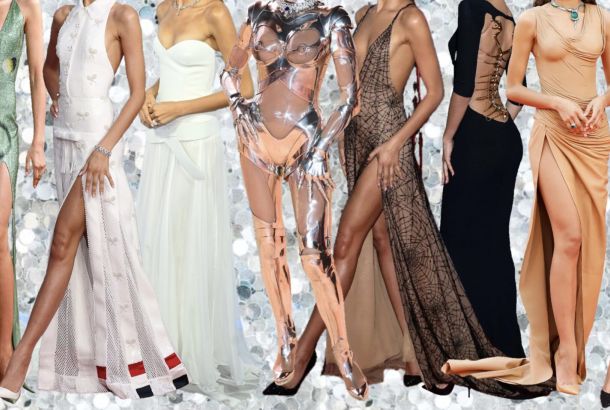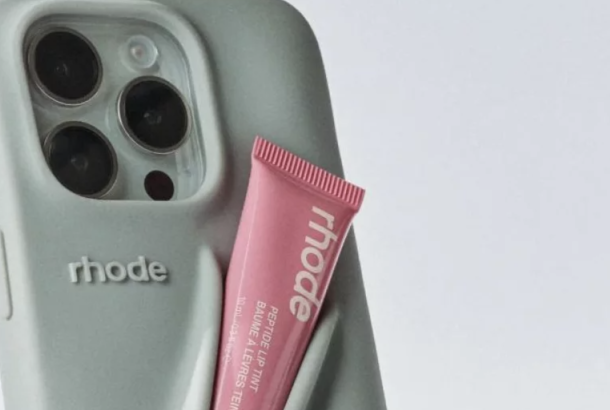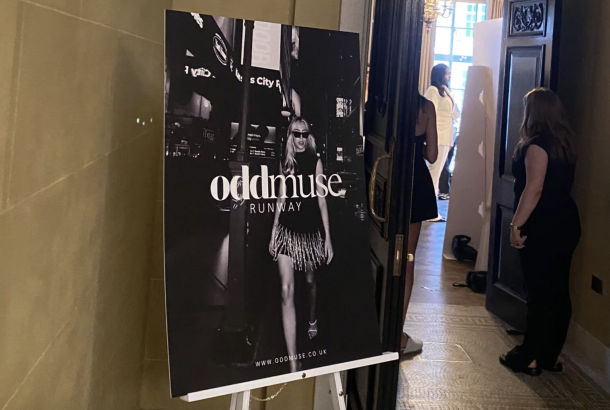Inside the life of owning a fashion brand
By zahramukadam
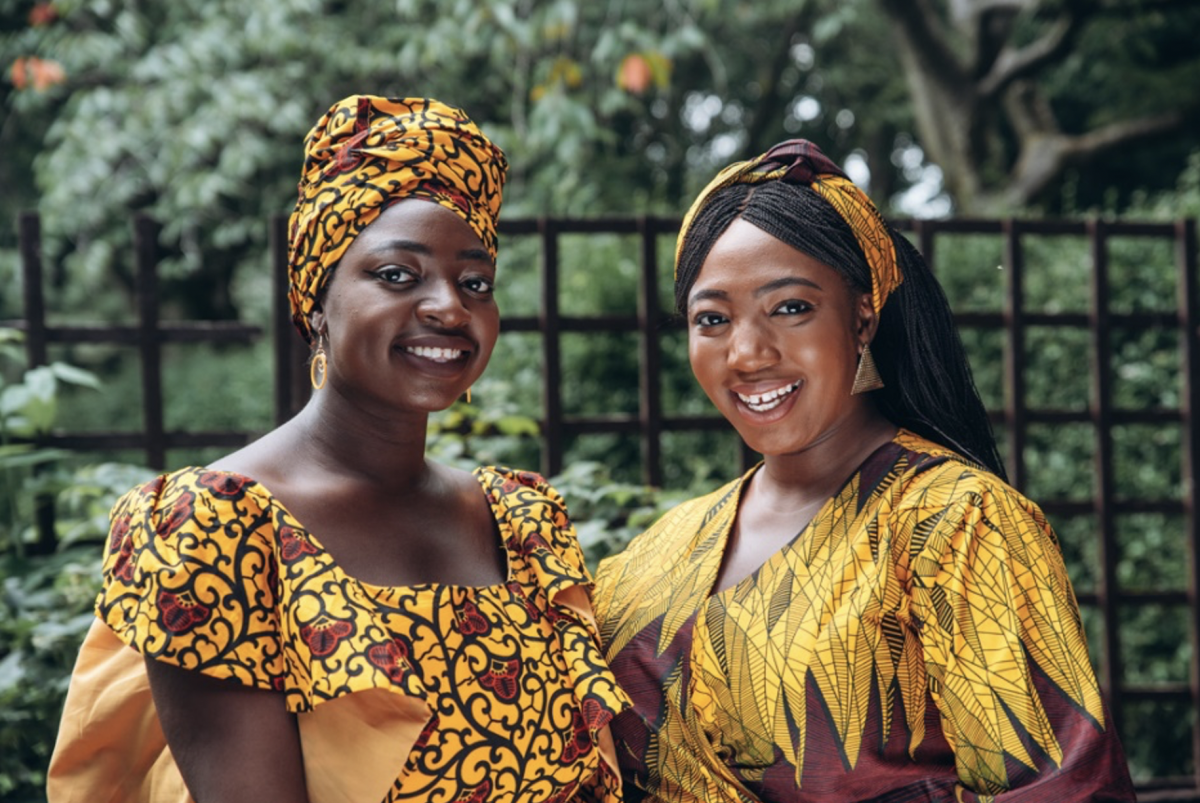
A look into what it’s really like being a black-owned business: insight, struggles, and advice from the successful African-print brand, Cultureville
Diving into the fashion industry and starting up your own brand can be very challenging, especially if you’re black. It’s been reported than black-owned businesses earn less than other ethnicities in terms of median turnover. This can be put down to issues surrounding financial access, household income and social capital to name a few. Just under 0.25% of venture capital funding was given to black-owned businesses between 2009 to 2019. However, as Cultureville has proven, you can still succeed besides the odds. Small business owners Jane and Adeola give us first-hand insight on what it’s like to be black business owners in the fashion industry today.
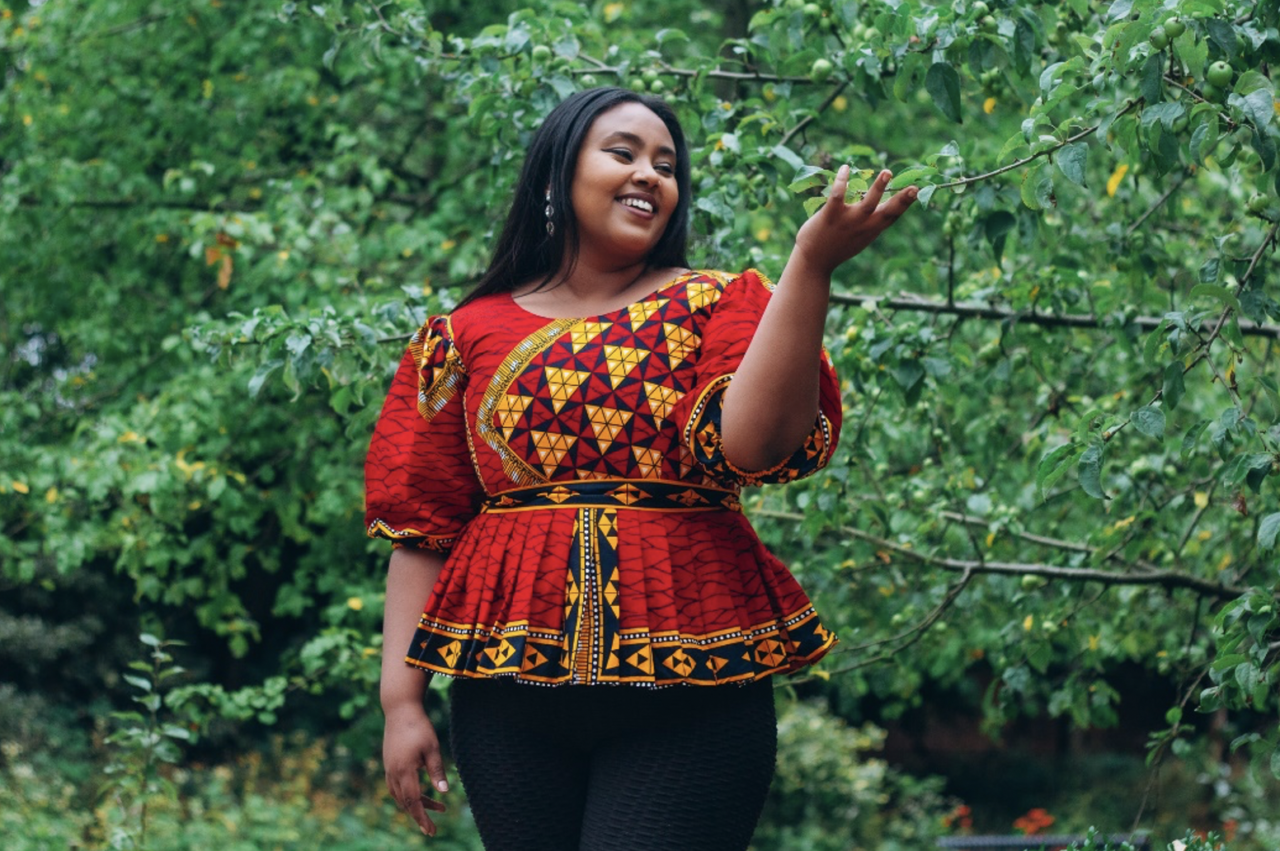
Photo Credit: Ronke Jane AdelakunCan you give us an overview on your company, Cultureville, and how your journey into the fashion industry began?
Jane: Cultureville is an African inspired fashion brand. We are really passionate about working with local traders in West Africa and we work with a female dominated team from Ghana and Nigeria. Our business came about through Adeola and I searching for African print clothing and not being able to find it. Whenever we’d have events, we’d want to showcase our African heritage. Actually, Adeola moved to Nigeria a few years ago and she’d bring back the most beautiful dresses. All I’ve ever seen were the pieces that the aunties would bring that wouldn’t suit you and were quite ugly. It finally felt like African print could be beautiful, reflect your personality and be modern all at once. We put a few items on Depop and that’s how we started. People on Depop loved it as well. When we’d run out of a print, people demanded that print. We had orders from Italy, America, Germany, and at that point we decided we should get our own website and so we did. And the rest is history.
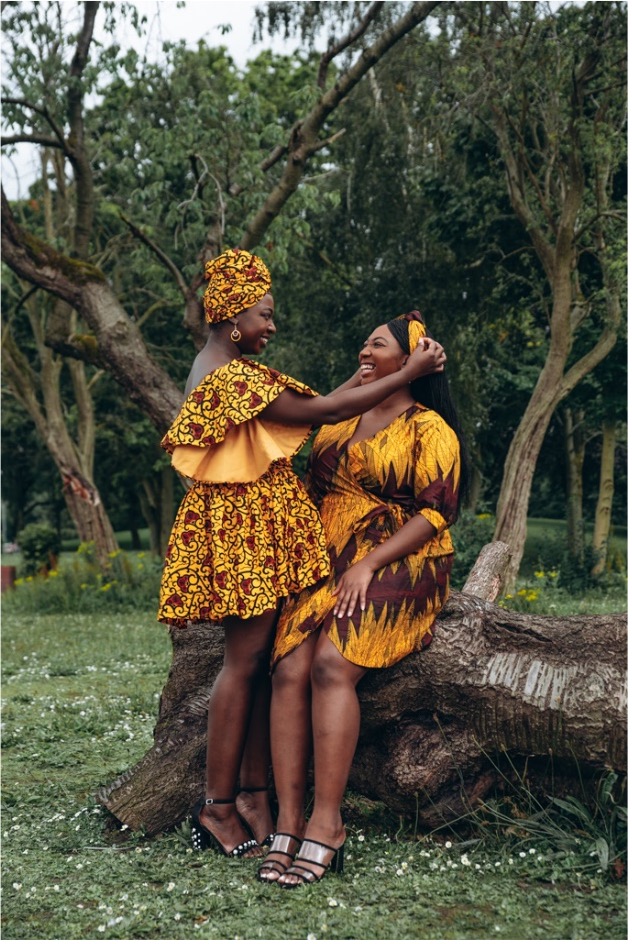
Photo Credit: Sam MarvellWhat would you say have been the main difficulties you have faced as black fashion business owners?
Adeola: Getting stocked. As in having your pieces in Selfridges or similar places. We don’t have the network and we don’t look like your typical fashion owners. We’d go into pretty big stores meeting with their buyers who usually buy the brands that come in. We’d show them some of our African print clothes and I felt like they were a lot more dismissive of us. That was a difficult thing just knowing that your average buyer or the average person who has the power to get you into a bigger store with a bigger audience is not necessarily going to appreciate what you have to bring.
People also feel like they can’t wear our stuff because it’s African print. We experienced that in our Christmas markets where sometimes some people would make comments like “you don’t belong here” or “how can they be at the Christmas markets?”. Things like that are a bit off putting and frustrating, and you feel like the world has come so far, but then you still hear these comments, and it can just be like oh my god, we’re not as far as you think.
Jane: People also have an unwillingness to engage with our products. They’re trying to be culturally sensitive, but in doing that, they just choose not to interact with African print. They say it’s beautiful but not for me, and inadvertently what they do is that they reduce the market share for us because they’re just not willing to take the risk and educate themselves on cultural appropriation versus appreciation. That disadvantages African brands, or people who work with African print as you’re essentially denying them a segment of the market. People do that because they don’t want to offend but also, I think it can sometimes be a bit lazy, and it does impact black-owned brands.
Adeola: And if you think about Italian clothes, we don’t reserve that just for Italians, right? Like I know a Caucasian male working in corporate company would wear an Italian suit and not feel weird at all. I think people are a lot more sensitive about [anything black related] and then that impacts our ability to make money from our business which impacts the communities that we support as well. Also, there’s difficulty in getting funding sometimes. We were applying for funding from a company and I remember the person who was assisting us was like “oh this is so straightforward, no one ever has a problem”. But when it came to the final stage, they ended up asking us a lot more questions than usual. We’d send the application and they’d send it back. The person was like “I’ve never seen a thing like this, it’s never taken this long. I don’t know why your application is having to go through so many hoops”. In an organisation you face racism and that encourages you to build your own brand. You think I’ve got my own business, I shouldn’t have to face racism now. Then you still face it from these external organisations and people who provide finance for businesses. A lot of black-owned businesses are smaller and it’s because they don’t get the funding from the banks or other lenders. Especially black women.
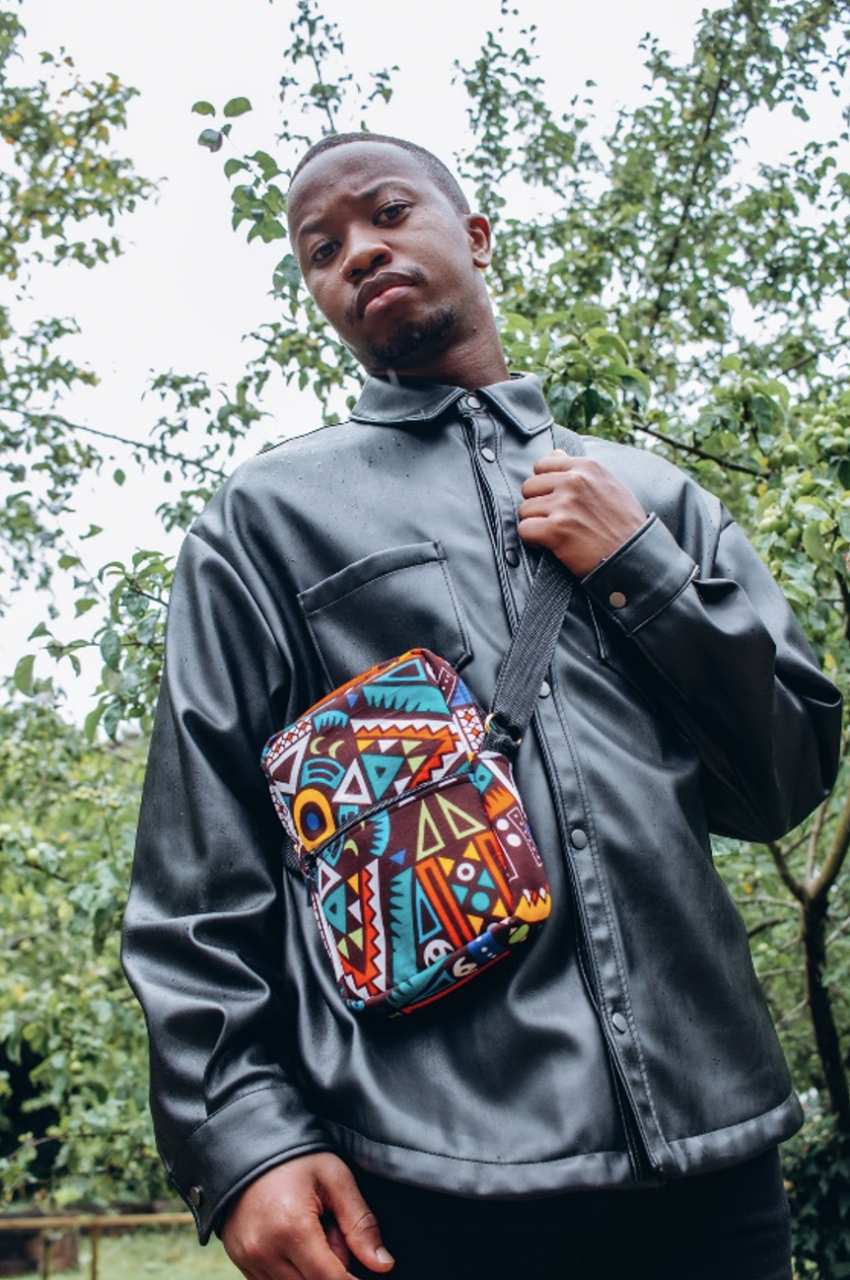
What advice would you give to those who encounter racial bias on their fashion journey?
Jane: Being willing to call it out, educate and actually be like: “What you’re doing is inadvertently racist and you might have the best intentions, but this is the impact”. I’d also say surround yourself with people who will hype you up. They’ve been times where, when the whole thing happened with the funding, we were really upset about it because we knew it was because we were a Nigerian brand. We were just really upset and having each other to encourage ourselves really helped. In terms of racial bias, just look for organisations who understand you. There’s services available for black owned brands to help improve your business progress.
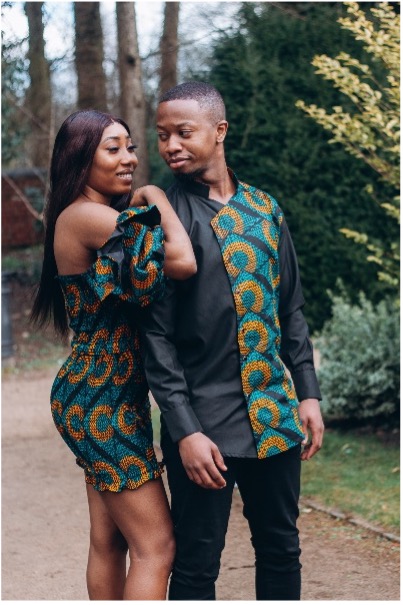
Are there any particular companies, initiatives or platforms that have helped your company excel?
Adeola: Black pound day is the first Saturday of every month, and it’s a day to encourage you to actually make a conscious effort to go out of your way to shop from a black owned business. They also have a lot of resources.
Another is BOB Expo. It’s Manchester based and they mainly highlight black businesses. They do an exhibition once or twice a year, where all the black owned businesses come together and then people can come in and actually shop on black owned businesses.
Other initiatives which aren’t necessarily black, include Manchester Youth Market, The Prince’s Trust, The Young Entrepreneurs of England and Enterprise Nation.
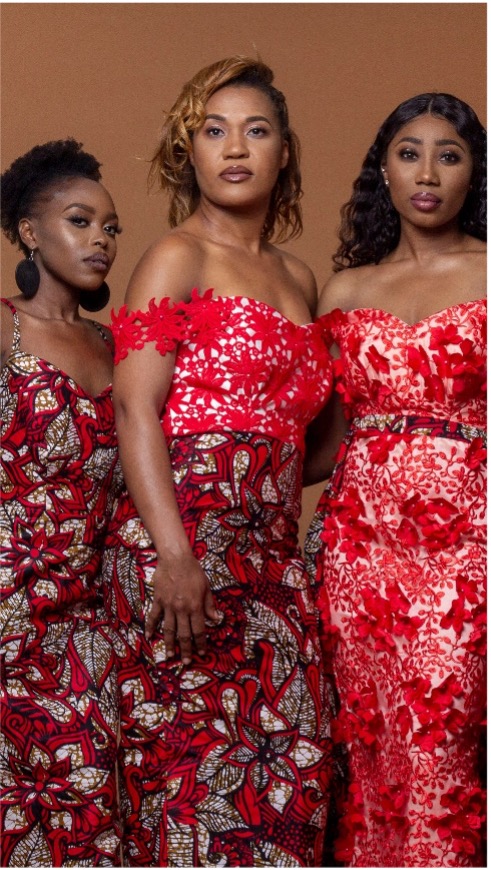
What are your favourite black-owned fashion and beauty businesses?
The Journee of J’rissa – clay jewellery
Omolola Jewellery – West-African inspired jewellery
Spectacular Beauty Artist – makeup artist
What does black history month mean to you?
Adeola: Consciously celebrating our history, and to get to know more about what you don’t know. A lot of TV stations and magazines make an effort to highlight black content in Black History Month, so it’s a time to be exposed to that and to just celebrate what black people have contributed to society today.
Jane: As a black person, a lot of the times you experience the negatives like all the things that you don’t get to do because you’re black. But I would never give up my blackness. I love us. I love black humour, black food and everything else that is black. Black History Month is a chance to shine upon all the good things but also all the hurdles we’ve climbed and just revel in the celebration of it all.
Is there anything else you feel is important to share to our audience?
Jane: To anybody who wanted to start a business or a black person who’s going through it, don’t let anything hold you back. Sometimes we look for permissions to start and you actually don’t need it. A lot of times you can start by yourself. So rather than waiting for an organisation to rubber stamp you or people to give you permission to start what you want to start, go for it.
If you would like to follow Cultureville’s journey, check them out on their Instagram or on their website, and make sure to use the discount code: FORTHECULTURE !
